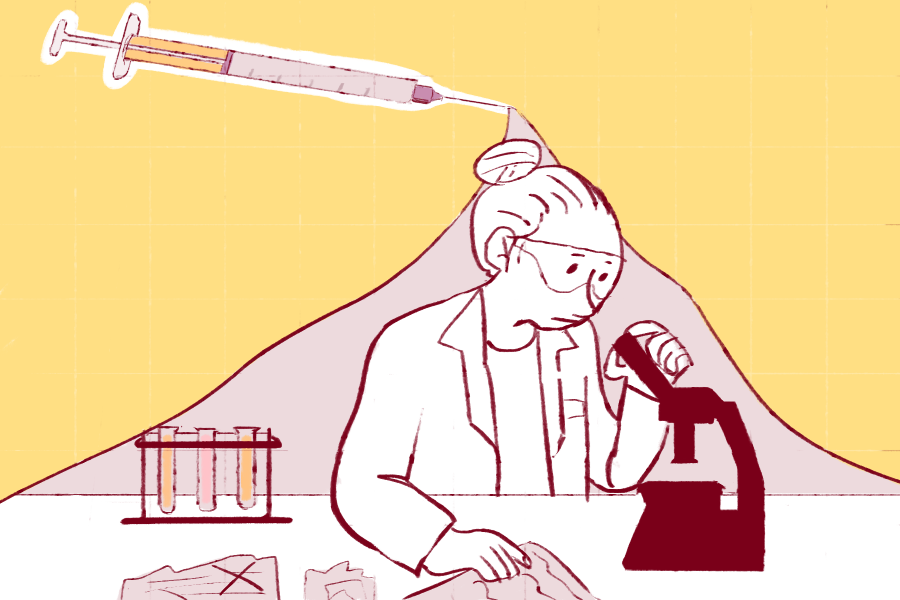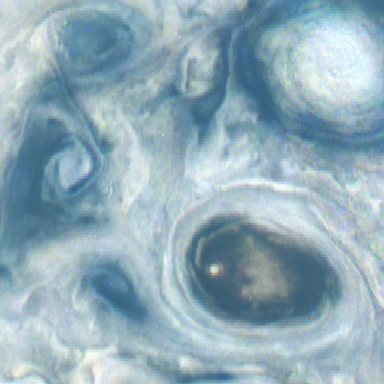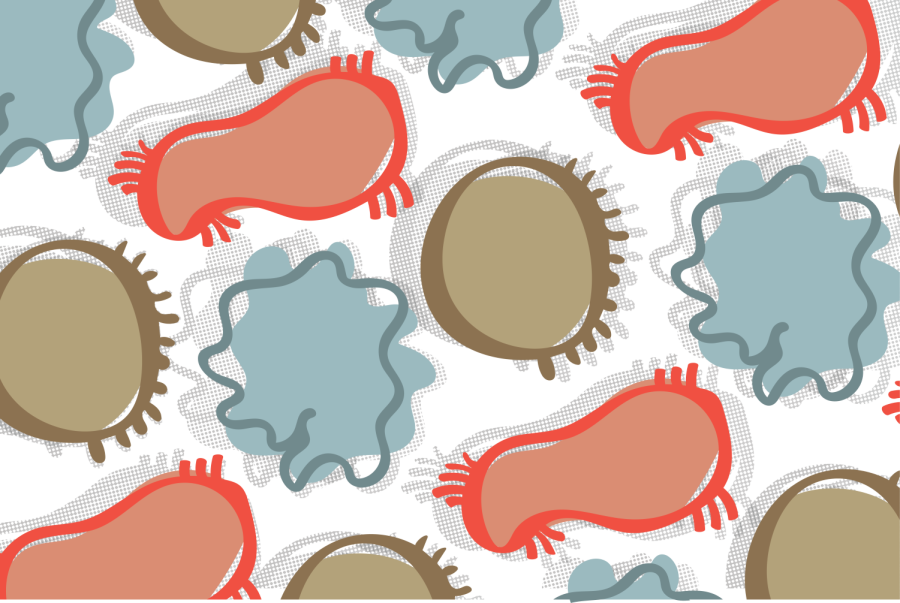Scientists across the world are in search of a COVID-19 vaccine, and University of Minnesota researchers are looking to contribute their own findings to the larger effort.
Possible vaccines have entered the trial stages in the U.S., including one by Massachusetts-based biotech company Moderna. Since no vaccine has been approved for widespread distribution yet, local researchers are taking different routes to develop a vaccine.
Dr. Marc Jenkins, director of the University’s Center for Immunology, said his team has been working to understand how the body develops antibodies once it has been infected with COVID-19.
An antibody test is currently available to determine whether someone has ever been infected with the virus, but it cannot detect immunity, Jenkins said.
While Jenkins said there is wide consensus that antibodies help develop immunity against the virus, most experts are still uncertain of how many antibodies immunity requires. This knowledge is key to understanding how a possible vaccine might work, Jenkins said.
Jenkins and his partners are currently developing a new test that can detect the number of antibodies in a person who has been infected with COVID-19.
“There’s a great interest now amongst the vaccine companies to … determine in their vaccines, number one, how many antibodies they’re making, and number two, do those antibodies neutralize the virus?” Jenkins said.
While current antibody testing cannot determine immunity, it can help the state get a sense of the infection rates. Based on antibody testing, Jenkins estimates around 5% of the state has had the virus.
“That really tells me we should be taking really strong protective measures like social distancing. Wear a mask in crowded spaces … because most of us have no immunity,” Jenkins said.
The University is not the only institution in the state hoping to contribute to the effort to develop and distribute a vaccine. Dr. Richard Kennedy, co-director of the Vaccine Research Group at Mayo Clinic, said the clinic is involved with vaccine research in a number of ways.
Mayo Clinic has the resources to help facilitate larger-scale clinical trials in the region once possible vaccines are available, Kennedy said.
Kennedy’s lab is working on developing a peptide vaccine for COVID-19, which works differently from the vaccines currently going through trials — like the one from Moderna.
Rather than using a live virus, the peptide vaccine uses only the parts of coronavirus proteins that the body recognizes to generate an immune response.
Kennedy said it is important to look at different routes for a possible vaccine since scientists are unsure of what might work.
“We don’t know enough about the immunology of the virus to assume that current vaccines are going to be protective. The second point is that most vaccines work differently, and they often work differently in different population groups,” Kennedy said.
The U.S. Centers for Disease Control and Prevention’s Advisory Committee on Immunization Practices has been monitoring progress made on vaccines nationwide.
At a meeting Wednesday, Dr. Kathryn Edwards of Vanderbilt University presented on vaccine trials for the Moderna vaccine and others. Edwards said she is optimistic about what trials have shown so far.
“A safe and effective vaccine would likely lead to herd immunity, and herd immunity will likely help us get back to our normal life,” Edwards said.



















